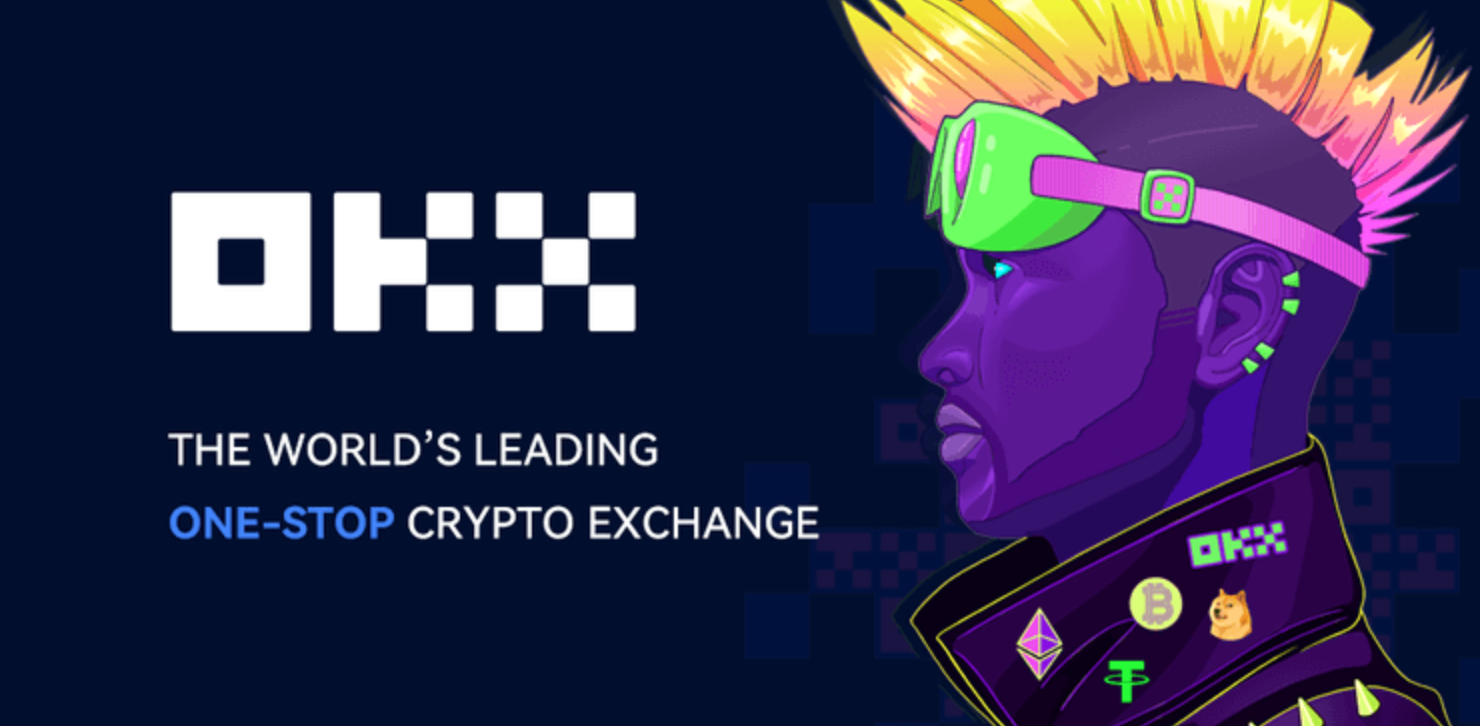Continued Developments on Stablecoin Access for Chinese Nationals in Hong Kong
These developments signify a pivotal moment in the intersection of digital finance and regulatory compliance, potentially reshaping the landscape.

Recent Trials and Regulatory Framework
-
Trial Implementation: The collaboration between Flare and Red Date Technology has initiated trials that allow Mainland Chinese residents to purchase stablecoins in Hong Kong. This is a significant move as it marks the first opportunity for these residents to legally hold public chain wallets and transact with stablecoins.
-
Regulatory Environment: Hong Kong is on the verge of announcing new regulations for stablecoins, which will facilitate the use of digital currencies on public blockchains. This regulatory shift is crucial for integrating blockchain technology into the financial ecosystem.
Key Features of the Trial
-
Anonymous Registration: The trial allows for anonymous registration through the China Real-Name Decentralized Identifier System (RealDID). This system enables users to comply with real-name registration laws while maintaining their privacy.
-
Access to Financial Products: Participants in the trial will be able to purchase tokenized financial products using stablecoins, such as the HKDA, which is pegged to the Hong Kong Dollar.
Implications for Chinese Investors
-
Shift in Investment Trends: Despite the ban on cryptocurrency trading in mainland China, many investors are still seeking ways to engage with digital assets. The introduction of stablecoin access in Hong Kong may attract more Chinese nationals looking for alternative investment opportunities.
-
Market Dynamics: The demand for stablecoins and digital assets remains strong among Chinese investors, as evidenced by the trading patterns observed in the market. The ability to access stablecoins legally could lead to increased trading activity and investment in tokenized assets.
Future Prospects
-
Integration of Blockchain Technology: This initiative is seen as a step towards aligning with China's long-term strategy of integrating blockchain technology into various sectors. The trials could pave the way for broader acceptance and use of digital currencies in the region.
-
Potential for Expansion: If successful, this trial could lead to further developments in the regulatory framework surrounding digital currencies, potentially allowing for more comprehensive access to stablecoins and other digital financial products for Chinese nationals.
Here’s a structured FAQ section addressing the key topics related to Bitcoin, SEC Chair Gary Gensler, UK Motor Insurer Direct Line, and the recent developments regarding Chinese nationals gaining access to stablecoins in Hong Kong:
FAQ Section
1. What is Bitcoin and how does it work?
-
Definition: Bitcoin is a decentralized digital currency that allows for peer-to-peer transactions without the need for intermediaries like banks.
-
Technology: It operates on a technology called blockchain, which is a distributed ledger that records all transactions across a network of computers.
-
Mining: New bitcoins are created through a process called mining, where powerful computers solve complex mathematical problems to validate transactions.
2. Who is SEC Chair Gary Gensler and what is his stance on cryptocurrencies?
-
Background: Gary Gensler is the Chair of the U.S. Securities and Exchange Commission (SEC), appointed in April 2021. He has a background in finance and technology, having taught courses on blockchain and digital currencies at MIT.
-
Regulatory Approach: Gensler has emphasized the need for regulatory oversight in the cryptocurrency market, particularly regarding investor protection and the classification of cryptocurrencies as securities.
-
Stablecoins: He has indicated that stablecoins may fall under the SEC's jurisdiction, highlighting the importance of regulatory clarity in this area.
3. What is the situation with UK Motor Insurer Direct Line?
-
Company Overview: Direct Line is a prominent UK motor insurer known for providing car insurance and other financial services.
-
Recent Developments: The company has been adapting to changes in the insurance market, including the impact of digital transformation and regulatory changes affecting the insurance industry.
-
Market Position: Direct Line continues to focus on customer service and innovation to maintain its competitive edge in the motor insurance sector.
4. What are the recent developments regarding Chinese nationals gaining access to stablecoins in Hong Kong?
-
Trial Implementation: Flare and Red Date Technology have initiated trials that allow Chinese nationals to purchase stablecoins in Hong Kong, marking a significant regulatory shift.
-
Regulatory Framework: Hong Kong is expected to announce new regulations that will facilitate the use of digital currencies on public blockchains, enhancing access for investors.
-
Anonymous Registration: The trial includes a system for anonymous registration, allowing users to comply with real-name registration laws while maintaining privacy.
-
Investment Opportunities: This development may attract more Chinese investors seeking alternative investment opportunities despite the restrictions on cryptocurrency trading in mainland China.
5. How do these developments impact the cryptocurrency market?
-
Increased Demand: The ability for Chinese nationals to access stablecoins could lead to increased trading activity and investment in digital assets.
-
Regulatory Clarity: The evolving regulatory landscape in Hong Kong may set a precedent for other regions, potentially leading to broader acceptance of digital currencies.
-
Market Dynamics: These changes reflect a growing interest in integrating blockchain technology into the financial ecosystem, which could reshape investment strategies and market behavior.
What's Your Reaction?
















